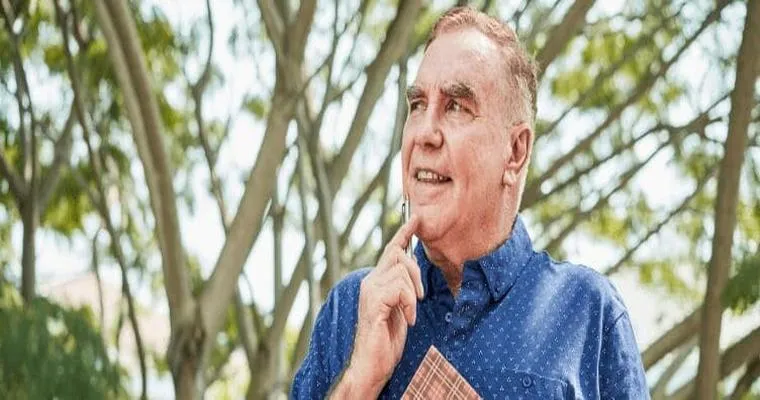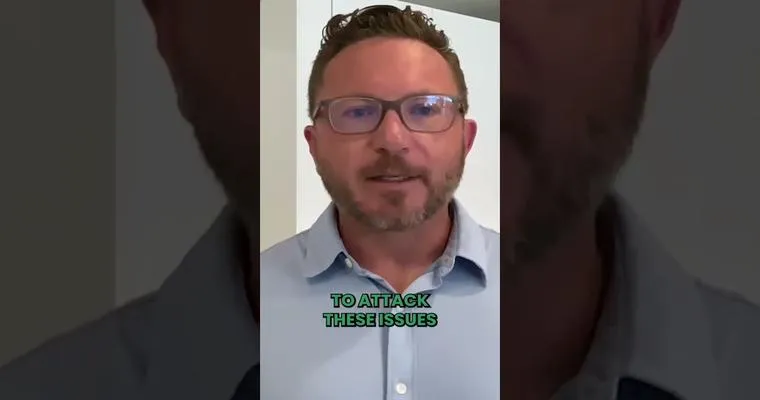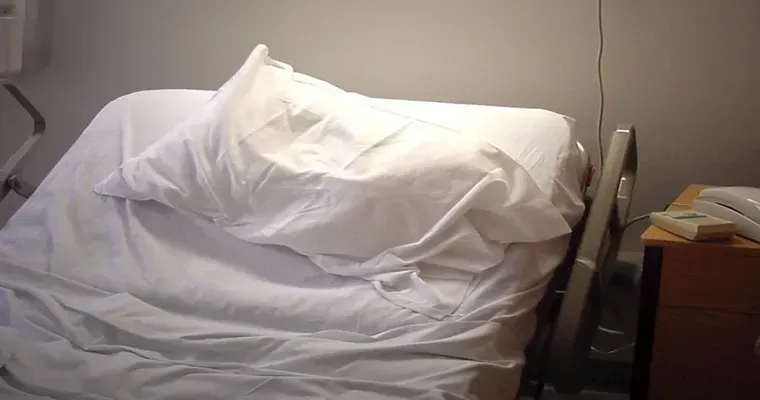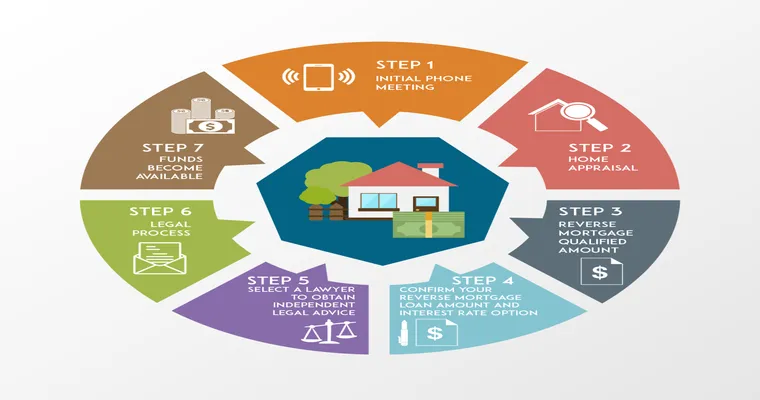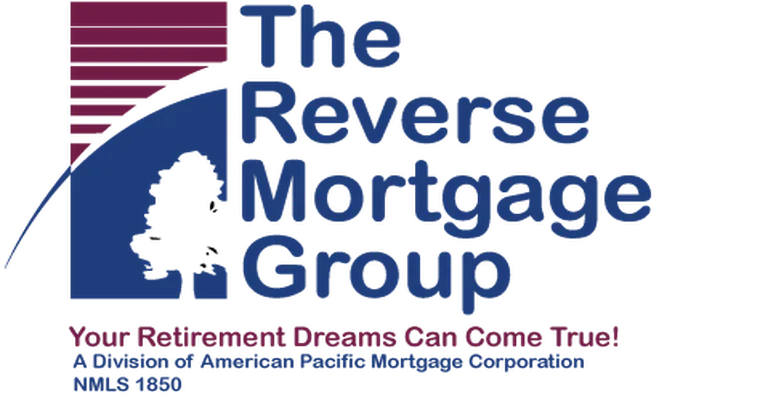As homeowners age, many face the challenge of "financial security" while wanting to maintain their independence. One option that has gained popularity among seniors is a "reverse home mortgage". This financial product allows older adults to convert a portion of their home equity into cash without having to sell their homes. But the question remains: do reverse home mortgages primarily help seniors stay in their homes longer, or do they serve the purpose of funding "outside care"?
Reverse home mortgages are designed to provide seniors with a source of income, allowing them to tap into their home equity while continuing to live in their residences. This aspect is particularly appealing for those who wish to age in place. By receiving payments from the reverse mortgage, homeowners can cover their everyday expenses, such as property taxes, insurance, and maintenance costs. This financial flexibility can make it easier for seniors to remain in their homes, avoiding the stress and potential emotional upheaval of moving to a retirement community or assisted living facility.
On the other hand, many seniors find themselves in situations where they need additional support, whether due to declining health or the need for "in-home care". In these cases, reverse home mortgages can provide the necessary funds to pay for such services. By using the cash obtained from a reverse mortgage, seniors can afford professional help, whether it’s hiring a caregiver for daily tasks or covering the costs of medical expenses. This financial aid can significantly enhance their quality of life, allowing them to receive necessary care while still living in a familiar environment.
Furthermore, the flexibility that reverse home mortgages offer is a crucial factor in their appeal. Seniors can choose how they receive their funds—either as a lump sum, monthly payments, or a line of credit. This adaptability allows them to manage their finances according to their specific needs, whether it’s paying for home modifications, medical bills, or simply enjoying a more comfortable lifestyle.
However, it is essential for seniors to understand the implications of a reverse mortgage. Although they provide immediate financial relief, these loans accrue interest over time, which can reduce the equity in the home. Additionally, the home must remain the primary residence, and homeowners must continue to pay property taxes, homeowners insurance, and maintenance costs. Failure to meet these obligations can lead to foreclosure.
In conclusion, reverse home mortgages serve a dual purpose. They enable seniors to stay in their homes longer by providing much-needed financial support while also offering a means to cover the costs associated with outside care. Whether the priority is to maintain independence or to finance healthcare needs, reverse home mortgages can play a vital role in enhancing the lives of seniors. As with any financial decision, it is crucial for homeowners to consult financial advisors to ensure that they choose the best option for their circumstances.

